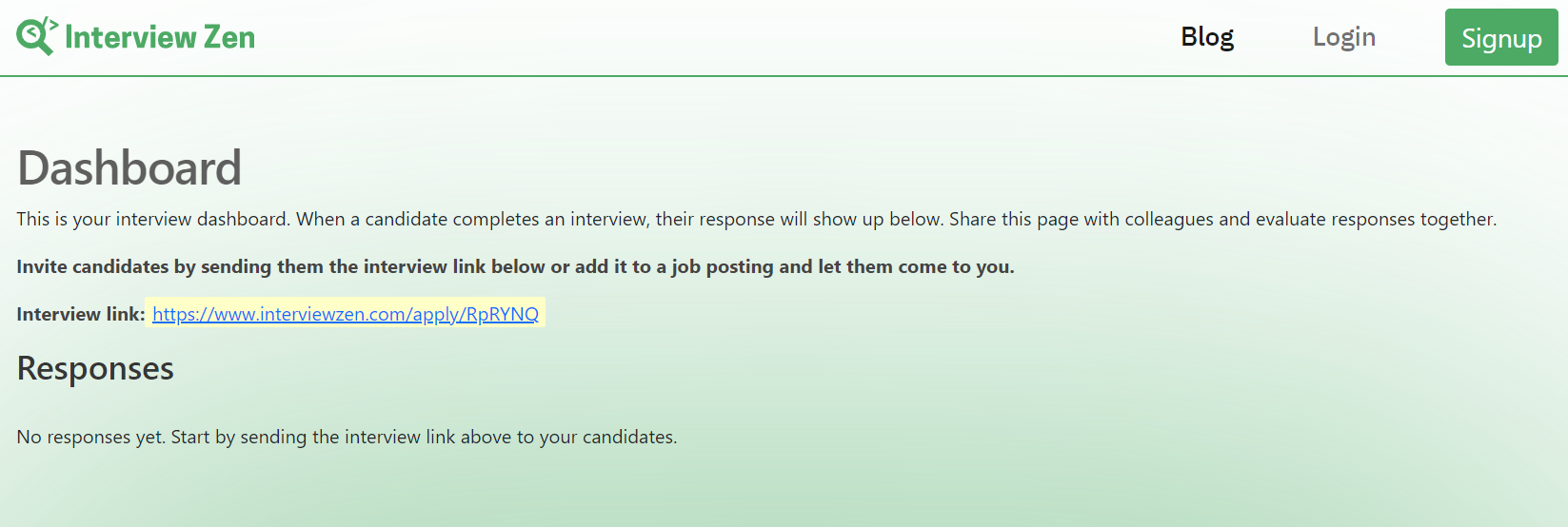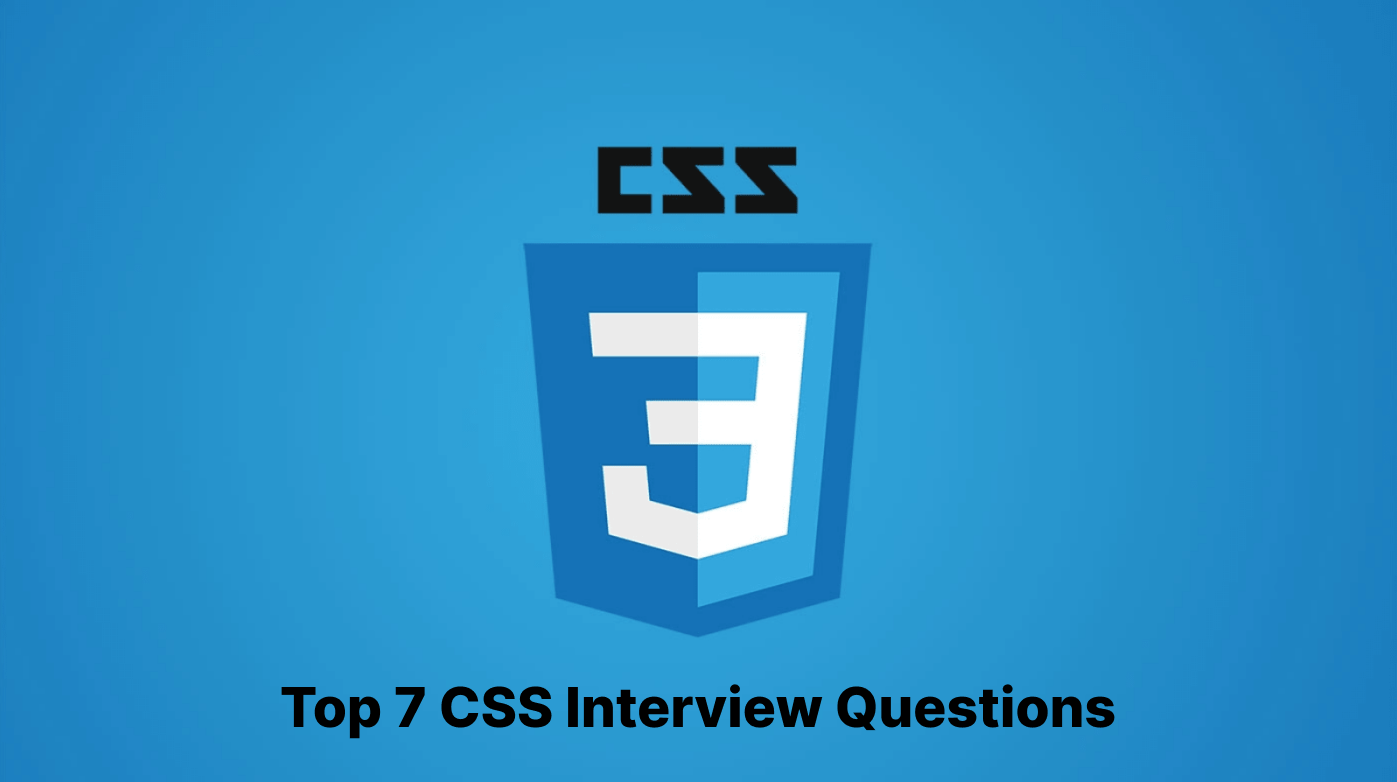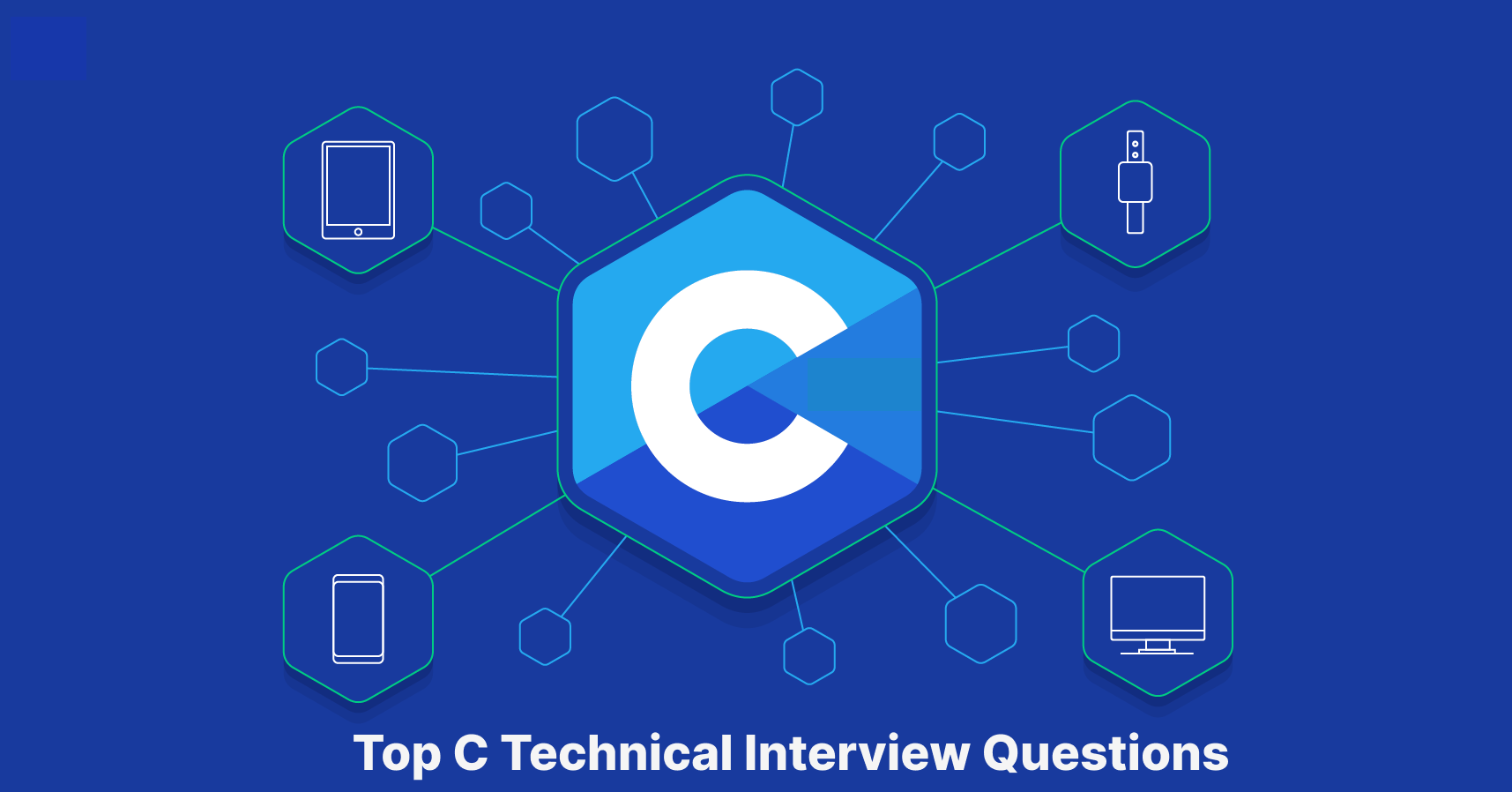Introduction
The process of finding the right software engineer for your team isn’t just about evaluating technical skills—it’s about discovering the innovators, the problem solvers, and the individuals who will drive your business into the future. Mistakes in this crucial process are costly and increasingly unforgivable, particularly as the demand for software engineers surges.
According to the U.S. Bureau of Labor Statistics, the employment of software engineers is expected to increase by 22% by 2030. Candidates can be more selective, so employers must work harder to avoid mistakes.
A minor mistake in your online technical assessment or interview process can have broader implications. According to CareerArc, 72% of job seekers have shared negative candidate experiences on platforms like Glassdoor, social media, or directly with colleagues and friends.
But the risks go beyond reputation. An inadequate technical assessment process can also lead to hires who fall short on the job, costing the company in lost productivity and team morale. That’s why it’s crucial for hiring managers to understand and avoid common pitfalls in the technical hiring process.
Given these risks, this article aims to serve as a comprehensive guide for hiring managers. It will highlight common mistakes that can occur during the technical assessment when hiring software engineers and provide effective solutions.
The Importance of Proper Technical Assessment
The technical assessment stage is important in the software engineer hiring process. Given the complexity and specialization involved in software development, hiring managers can’t afford to take shortcuts during the online technical assessment phase. A well-designed assessment can effectively gauge a candidate’s proficiency in coding, problem-solving, and other critical skills essential for the role.
Read our article How To Structure Technical Interviews For Software Developers for additional information on structured interviews.
The costs of making an erroneous hire extend far beyond the financial toll, which can be considerable. According to a report by the U.S. Department of Labor, the price of a bad hire can amount to at least 30% of the individual’s first-year earnings. These costs come in various forms: training, severance packages, and the investment of time and resources spent during the hiring and onboarding process.
Therefore, ensuring the effectiveness of your online coding assessments is a task to be taken seriously. A technical, well-structured evaluation serves as a filter that helps you separate the most promising candidates from those not a fit for your team. It minimizes the risks and costs associated with bad hires and optimizes your overall hiring software engineer strategy.
Read our guide on How To Optimize Your Technical Hiring Process: A Guide for further insights into optimizing your technical hiring process.
5 Common Mistakes to Avoid When Hiring Software Engineers
Let’s explore 5 common mistakes that hiring managers should avoid when hiring software engineers:
1. Don’t Use a time-consuming Application Process
According to a PricewaterhouseCoopers survey, 49% of job seekers working in in-demand fields like technology say they’ve turned down an offer because of a bad experience during the hiring process.
Most candidates are eager to experience the technology your company uses, but a poor user experience in the application process could turn them away before they even have a chance to show their skills. Therefore, it’s important to have an application process that is efficient, easy to navigate, and mobile-friendly.
According to CareerBuilder, 60% of job seekers quit in the middle of filling out online job applications because of their length or complexity.
But the application process is just the start. Make sure that the entire online technical assessment process meets the same high standards. This includes any virtual event platforms, video interviews, and other online candidate assessment tools you may use. Aim for a seamless, user-friendly experience across all digital touchpoints to keep candidates engaged and willing to proceed further in the hiring process.
2. Unorganized Interview Process
If you want to attract quality software engineers, it’s essential to have an organized, well-planned interview process. A disorganized process can be a significant turn-off for candidates.
According to HCI research, 60% of job seekers report a negative experience with employers due to an unorganized interview process. In addition, the report states that “Job seekers who report having an extremely negative experience with an employer are most likely to say that their time was disrespected during the interview itself.”
Nowadays, software engineers are often looking for specific employment conditions, such as the ability to work remotely. According to a survey by Codility, 76% of engineers feel happier when working remotely, and 64% are less likely to leave their jobs if they can work from home.
Before starting your software engineer hiring process, consider whether the role can be entirely remote or offer a hybrid work option. Determine the flexibility you can provide regarding where and how often they work on-site.
Consistency is key when it comes to interviewing. While different technical roles may require different interview styles or questions, maintaining a standardized process for each specific role ensures that all candidates are evaluated fairly and efficiently.
3. Not Using Real-world Coding Scenarios
Real-world coding scenarios are important for roles requiring specialized skills or domain knowledge. By presenting candidates with situations they would encounter on the job, you better understand their practical skills, how they approach problem-solving, and their ability to deliver maintainable, efficient code. These metrics will matter most when the engineer is on the job, contributing to real projects.
Abstract or generalized coding challenges might not reflect the complexity or specificity of your team’s daily problems. While it might be tempting to focus on algorithmic challenges, doing so can overlook other essential skills like code readability, design patterns, or even how well a candidate can understand and work with existing codebases.
Hiring managers should use real-world coding questions for a more effective technical assessment. This ensures a well-rounded view of each candidate’s skills and abilities.
4. Not Testing for Soft Skills
Soft skills like communication, teamwork, and problem-solving are also crucial but are often overlooked in the technical assessment and interview process. Ignoring these aspects can harm team cohesion, project success, and overall productivity.
According to research by the Carnegie Foundation and Stanford Research Center at Harvard University, 85% of career success comes from having well-developed soft skills and people skills. Hard skills, including technical skills and knowledge, only make up 15% of career success.
Effective communication is essential, especially when developers are part of multidisciplinary teams. Engineers often have to translate complex technical issues for non-technical stakeholders, and a communication breakdown can result in misunderstandings, delays, or even project failure.
Software development is often a collaborative effort requiring engineers to work together in a coordinated manner. From version control to code reviews to problem-solving in sprint planning, working as part of a team is important.
Incorporating Soft Skills into Technical Interviews
When structuring your online technical assessments or interviews, consider including activities demonstrating how well a candidate works within a team or communicates complex ideas. This can be as simple as a paired programming exercise or as involved as a mini-project that requires candidates to articulate their thought processes and explain their choices to non-technical team members.
Virtual panel interviews can also provide insights into how well candidates interact with future colleagues and stakeholders. Here, multiple assessors can evaluate the candidate’s coding ability and communication and interpersonal skills.
By integrating the assessment of soft skills into your technical interviews, hiring managers can get a more comprehensive view of each candidate and improve the likelihood of hiring technically proficient engineers who contribute positively to the team dynamic.
5. Don’t Take Too Long to Make Decisions or Communicate
The pace of the recruitment process is a crucial factor that can significantly impact the outcome. Tech talent, like most other types of job seekers, wants a quick and efficient hiring experience. According to the Yello recruiting study, 81% of job seekers expect the entire hiring process to conclude within two weeks at most.
If you’re taking too long to evaluate candidates, the odds are high that they won’t wait for you. A slow recruitment process affects the candidate experience and puts you at a disadvantage against competitors who may snatch up top talent while you’re still in the decision phase.
Moving candidates swiftly through the recruiting process enhances your chances of securing top talent before they lose interest and move on to other opportunities.
How Interview Zen Helps You to Avoid These Mistakes
Interview Zen offers a comprehensive platform that simplifies the complexities of the technical hiring process. The platform has conducted over 500,000 interviews, offering a trusted and reliable solution for your technical hiring needs.

From posting job openings to conducting online coding assessments, the platform equips hiring managers with the tools they need for a more effective and efficient hiring process. The user-friendly interface is designed to make the experience seamless for interviewers and candidates, thereby improving your employer brand.
Organized and Standardized Interviews
With Interview Zen, you can have a well-structured interview process. The platform allows you to create standardized tests and interview questions, ensuring that each candidate is assessed uniformly. This helps reduce bias and ensures that you respect the candidate’s time, an issue many employers highlight as a common mistake.
Real-world Coding Scenarios
The platform offers the ability to create custom coding tests that mimic real-world scenarios, thus enabling you to assess candidates on tasks similar to what they’d encounter on the job. This provides a more comprehensive view of their skills beyond just algorithms.
Balanced Assessment, Including Soft Skills
Interview Zen also provides features that help assess soft skills. Allowing video interviews and other interactive assessment methods makes it easier for you to evaluate a candidate’s communication skills, problem-solving abilities, and teamwork.
Key Features Of Interview Zen
1. Custom Programming Questions
Interview Zen supports various programming languages, allowing you to tailor your technical assessments accurately. Whether you’re hiring for Python, C/C++, C#, Java, JavaScript, PHP, R, or other languages, you can create unlimited custom questions in various languages. This ensures that your assessments are uniquely suited to meet your hiring requirements.
To experience these features firsthand, you can try the demo available on the Interview Zen website.
2. Speedy Review
Interview Zen allows hiring managers to review recorded interviews at varying speeds, like 1x, 2x, or even 5x. This functionality provides valuable insights into how the candidate processed the question, how quickly they worked, and how much they modified their code throughout the assessment. This feature lets you better understand the candidate’s technical skills and problem-solving abilities.

3. Easy Invitations
Each interview you generate has a unique URL displayed on your dashboard. You can invite candidates by sending them the interview link or adding it to a job posting. This makes the process of taking the interview incredibly straightforward for candidates.

4. User-Friendly Interface
Interview Zen focuses on offering essential features that are not only effective but also easy to navigate. With just three clicks, you can create an interview, send out invites, and begin evaluating candidates. This user-friendly approach sets it apart as a preferred choice for online assessments.
By utilizing Interview Zen in your hiring process, hiring managers can avoid common pitfalls and build a team of qualified, well-rounded software engineers.
Conclusion
There are many challenges in hiring software engineers, from ensuring a smooth and user-friendly application process to accurately assessing technical and soft skills.
Interview Zen addresses these challenges head-on with features designed to streamline every aspect of the technical hiring process. Whether it’s reducing coordination overhead, minimizing bias through standardized assessments, or offering real-world coding challenges, this platform is engineered to meet the nuanced demands of technical hiring.
If you’re a hiring manager looking for a robust, efficient, and user-friendly tool to improve your technical hiring process, there’s no better time to consider Interview Zen. With its wide range of features tailored to the unique challenges of hiring in the tech industry, you will simplify your workload and provide candidates with a process that respects their skills and time.
Don’t miss the opportunity to elevate your hiring practice to the next level. Try Interview Zen for your next round of technical interviews.
Read more articles:




